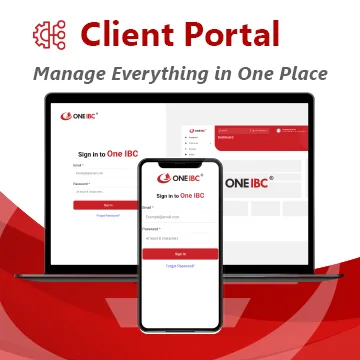28. How to get a business bank account in St. Vincent and the Grenadines?
St. Vincent and the Grenadines is considered an excellent jurisdiction for incorporation, given its strategic position in the Caribbean and enabling a regulatory environment, including businesses operating offshore and within the financial sector. It is envisioned that opening a business bank account in SVG will complement a company in operation seeking stability, multiple currency options, and wider external markets. This article describes the requirements and consideration for one to open a business bank account in SVG.
1. Choose the Correct Bank
Identifying the bank, which best fits the needs of the business in SVG, is the first thing a business owner can do to create an account in that jurisdiction. Some of the most popular banks in SVG include Bank of St. Vincent and the Grenadines, CIBC FirstCaribbean International Bank, and the popular Republic Bank. The individual banks promise different services, charges, and requirements. Considering this, it is desirable to use your discretion when considering the needs of your company as you choose a bank.
Bank of St. Vincent and the Grenadines: The bank has business banking that is supported both at the local and international levels for a wide range of services. CIBC FirstCaribbean International Bank: This account is highly suitable for businesses that receive and send money internationally, given its multi-currency accounts and online banking capabilities. Republic Bank: This bank is among the most reliable and thus charges the most competitive fees among its peers; hence, it is ideal for small and medium-sized enterprises.
2. Understand the Documentation Requirements
A number of important documents have to be provided for verification and compliance purposes when opening a business account in SVG. This is so that the banks will fall in line with international regulations regarding anti-money laundering laws. Here is the general listing of what documentation will be needed to get underway with the opening:
- Certificate of Incorporation: Proof that your business is registered in SVG or your home country if you’re opening an offshore account.
- Articles of Incorporation or Memorandum and Articles of Association: These are documents defining your business structure and purpose.
- Proof of Identity for Directors and Beneficial Owners: Usually, passports or government-issued IDs of all directors, shareholders, and signatories are required.
- Proof of Address for Directors and Beneficial Owners: Utility bills or recent bank statements for each director or beneficial owner.
- Business License: This is necessary for those businesses that deal in specific industries that are highly controlled, like finances or insurance.
- Financial Statements or Business Plan: Some banks will request a business plan or financial statements so they can better understand what your business entails.
Also, you should not forget to call your bank in question to verify what specific needs they have since many banks could require other requirements than those mentioned, or prefer some over others.
3. Set Up An Appointment And Application
This verification must be done by meeting the owner(s) of the business or their authorized representatives in most of the SVG banks. Make an appointment with the bank to receive your application and presentation of documents. If you will be doing this remotely, some banks may allow video conferencing. This would depend on policy.
4. Complete the Application and Due Diligence Process
After this, the bank will have to conduct due diligence on your application, consisting of background checks and verification of whatever activities you have been declaring as your business. This may take some days to even weeks, depending on how complicated your business is and the internal systems in place at the bank.
The bank might demand complementary documents or even clarifications, making it more credible according to regulatory standards. In this regard, be ready to respond in due time for avoidance of delays.
5. Account Activation and Online Banking Setup
The bank will finish the opening of your business account once it approves your application. You may have to deposit some initial sum as may be required for the activation of such an account. Once this account is active, create an online banking facility for remote access to your account, transaction history, and multi-currency transactions if any.
Additional Factors to Consider
While opening a business account in SVG, consider the following additional aspects:
- Account Fees: Consider monthly maintenance fees, transaction fees, and foreign exchange fees-especially if your business is involved in international transactions.
- Multi-currency support: If a business operates internationally, multi-currency accounts will make international transactions easier and more affordable since there will be fewer exchange fees.
- Online banking capabilities: Strong online banking is ideal for account management from afar, especially when one is not resident in SVG.
Conclusion
Opening a business bank account in St. Vincent and the Grenadines is relatively easy, provided one is well-prepared. Your business qualifies for the financial benefits accruable from banking in SVG by your choice of bank to suit your business needs, assembling the necessary documents, and observing the due diligence process. A business account in SVG thus provides considerable access to the Caribbean markets and a sound basis for international growth.











 Processing
Processing